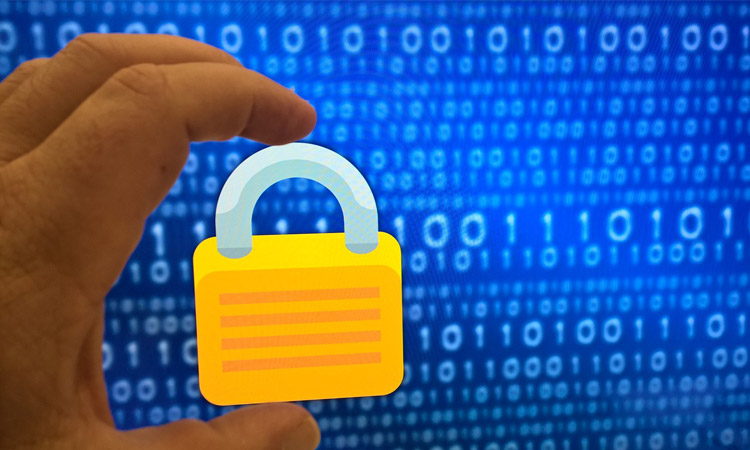One of the biggest threats to the good things that the internet brings to the world is the internet viruses. Some people sit down to create very deadly viruses to hack and attack people’s files and data, collect their information, and disrupt their web activities. However, there are different ways of ensuring that your PC is protected from these viruses. While none of these could be termed the best, a combination of them may be very effective.
Different Ways of Ensuring the Safety of Your PC
-
Firewall
It functions as a guard to your system. The main job of a firewall is to ensure that a barrier is created between your computer and all dangerous programs that may want to get into it through the web.
-
Antivirus
This will prevent any dangerous software or code from getting into your system. This will work against the Trojans, keyloggers, and viruses. It detects the threats when they want to get in or when they must have gotten in, and eliminates them. They block pop-ups, protect emails and many others. Some of them offer free PC protection trial period, before the paid protection packages.
-
Anti-spyware
They will ensure that all the spyware that comes to steal your personal and official information without authorization are detected and blocked. They offer concrete protection by scanning through every incoming document to pick out these threats.
Apart from getting the best antiviruses, you can also protect your system by making use of complex and strong passwords to lock your accounts. This will be difficult for the hackers to discover. Combine letters, numbers of different cases, with some special characters, and make it up to 8 characters. You should also ensure that your browser has the best privacy and security settings. This will help you decipher websites and those that want to track your activities.
Antivirus Software Strong Points and Flaws
Strong Points
- Some of the popular antivirus software you can use today include Kaspersky antivirus, Norton, Webroot, ESET, AVG and McAfee Antivirus.
- When you get any of these installed on your system, you will be assured of protection from threats like keyloggers, rootkits, adware, spyware, worms, Trojans and all viruses.
- The software will reduce the probability of your computer getting infected by these when you download any software that is not safe.
- With antivirus software, the entire data on your computer is protected because the viruses that could harm them are prevented from getting access.
- The essential components of your PC are also protected from these viruses that will always want to hamper your PC’s performance process by attacking the essential elements.
- With this, the main problem is also solved, and that is the issue of hackers stealing your data from your computer. Your internet activities will be protected by the antivirus so that third parties will not have access to the log.
- They will also protect you from connections that are not safe and also block annoying spam emails from coming into your mailbox.
Flaws
- When an antivirus software occupies too much space in your system memory, your system’s processing speed is reduced.
- When the software is not updated from time to time against new threats, new loopholes could be opened up.
- Some antivirus software does not prevent hacking. In this case, you have to go for the firewall too.
- There is fake and weak antivirus software in the market today. You should be careful to get the real thing.
Viruses That Can Spread Via the Web
There are different types of viruses, and they are named according to what they attack in the system. We have the E-mail Virus, Macro Virus, Network Virus, Multipartite Virus, File Infecting Virus and Boot Sector Virus. Some of the viruses that could attack your PC through the internet include The Morris worm, the Concept virus, the Anna Kournikova worm and the Chernobyl virus. Others are the Love Bug, the Melissa virus, and the Blaster worm.
If you want to enjoy great PC protection, and avoid any malicious software, avoid clicking on emails, attachments, and links you did not request for. Always log into your account by typing the address and password manually, especially when there is news of a threat. Protect your accounts with strong or long tail passwords with words, numbers, different cases and different unique characters. Update your OS and apps regularly, backup your entire files and get an ad-blocker.
Follow these links if you want to learn more on how to protect your PC from viruses:
http://www.letsdnd.com/pros-cons-using-anti-virus-software/
http://www.antivirus.comodo.com/blog/computer-safety/5-simple-steps-protect-pc/
http://www.online-sciences.com/computer/the-advantages-and-disadvantages-of-anti-virus-software/
http://www.telegraph.co.uk/technology/5012057/Top-10-worst-computer-viruses-of-all-time.html
http://oit.siu.edu/salukitech/tutorials/computer-viruses.php


Be the first to comment on "Why is it Important to Protect Your PC?"